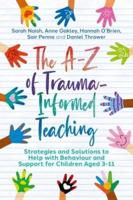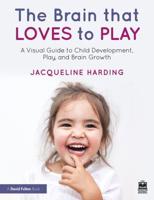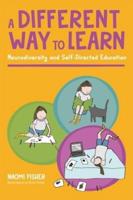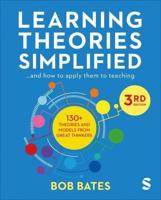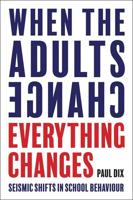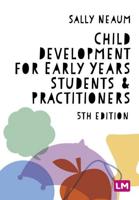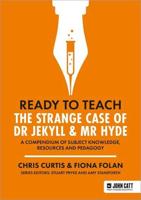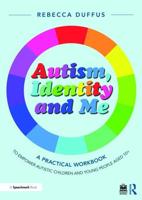Publisher's Synopsis
"With freshness, humour and originality, Sue Gifford demonstrates the interactive strategies that are required to teach mathematics to young children. The text is both refreshingly free from conventional wisdom and solidly grounded in recent research on learning and teaching early mathematics.At the same time, it is unfailing in its accuracy in uncovering children's own humour and instinct for subverting 'teacherly' overtures. Given the demonstrated lack of spontaneous mathematics in early childhood setting, this assembled collage of children's own observations, activities and comments is in itself a work of art."
Professor Carol Aubrey, Institute of Education, University of Warwick, UK.
- What are the most important aspects of mathematics for young children to learn?
- How do children learn mathematics?
- How can adults best 'teach' mathematics to children so young?
- Establishes principles for teaching mathematics to young children
- Takes into account the way children learn, including social, emotional, physical and cognitive aspects
- Helps practitioners find the middle ground between not initiating enough mathematical activity and being too directive
- Suggests principles and frameworks for planning and assessment.
Essential reading for those teaching or preparing to teach mathematics to young children, as well as parents interested in the mathematical education of their children.

